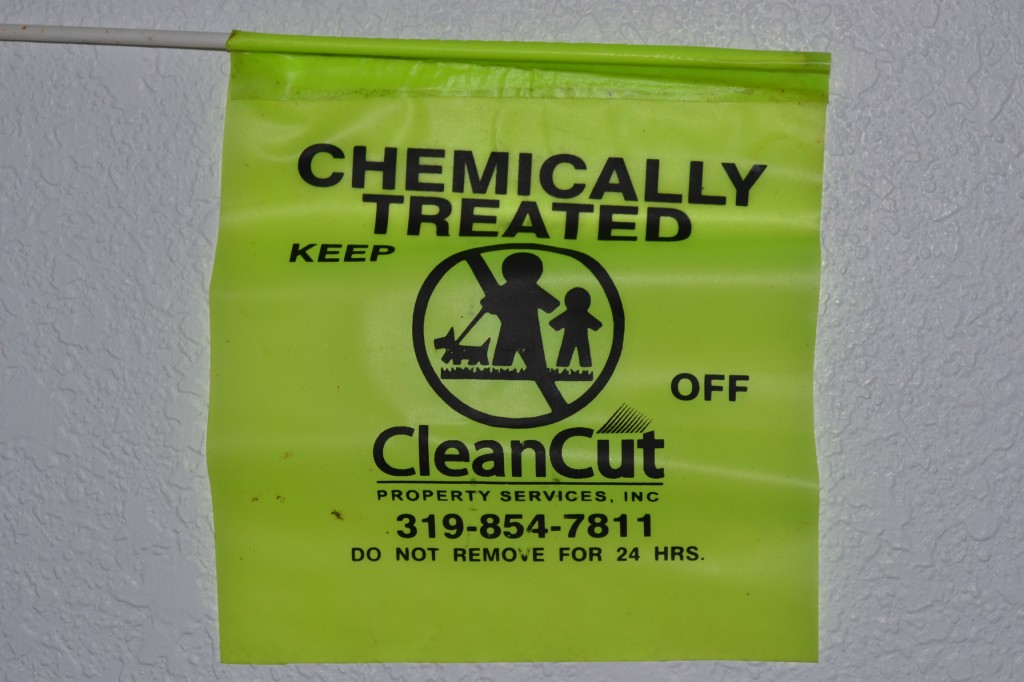Organic fertilizer is composed of natural products instead of synthetic material. Organic fertilizer can include animal waste, human waste as well as plant matter. Many of these fertilizer products contain composted vegetables and fruits. The idea behind natural fertilizer is to provide nutrients to your lawn by recycling nutrient rich products. The idea of spreading animal and human waste all over your lawn may not be appealing to some home owners. For those out there that do not mind using recycled waste products, organic fertilizer may be a solution for you. Organic fertilizer provides beneficial nutrients while at the same time recycling. The go green movement supports using organic based fertilizer products.
Organic fertilizer benefits.
- Most organic fertilizer products are free from unwanted side effects.
- Organic fertilizer provides a great way to used recycled products.
- Reduced negative impact on the environment.
- Reduced or eliminated burn potential.
- Organic fertilizer takes longer to break down, so it generally stays in your soil longer.
- There will always be an abundant supply of raw material to use for organic fertilizer.
Synthetic fertilizer vs organic fertilizer.
Synthetic fertilizer is made of chemicals and minerals combined together. The minerals contained in synthetic fertilizer are removed from the earth by mining. Synthetic fertilizer is usually more expensive than organic fertilizer because the contents are commodities. The price of the ingredients rise and fall based on demand. Organic fertilizer’s are usually cheaper because the are made of recycled products. Consumers of synthetic fertilizer are able to pick and choose what minerals or combination of products they receive. Reading the label found on the back of the product will list all active ingredients as well as what minerals are contained in the product mix. Synthetic fertilizer products allow you to custom tailor a product to fit the nutrient needs of your lawn.

